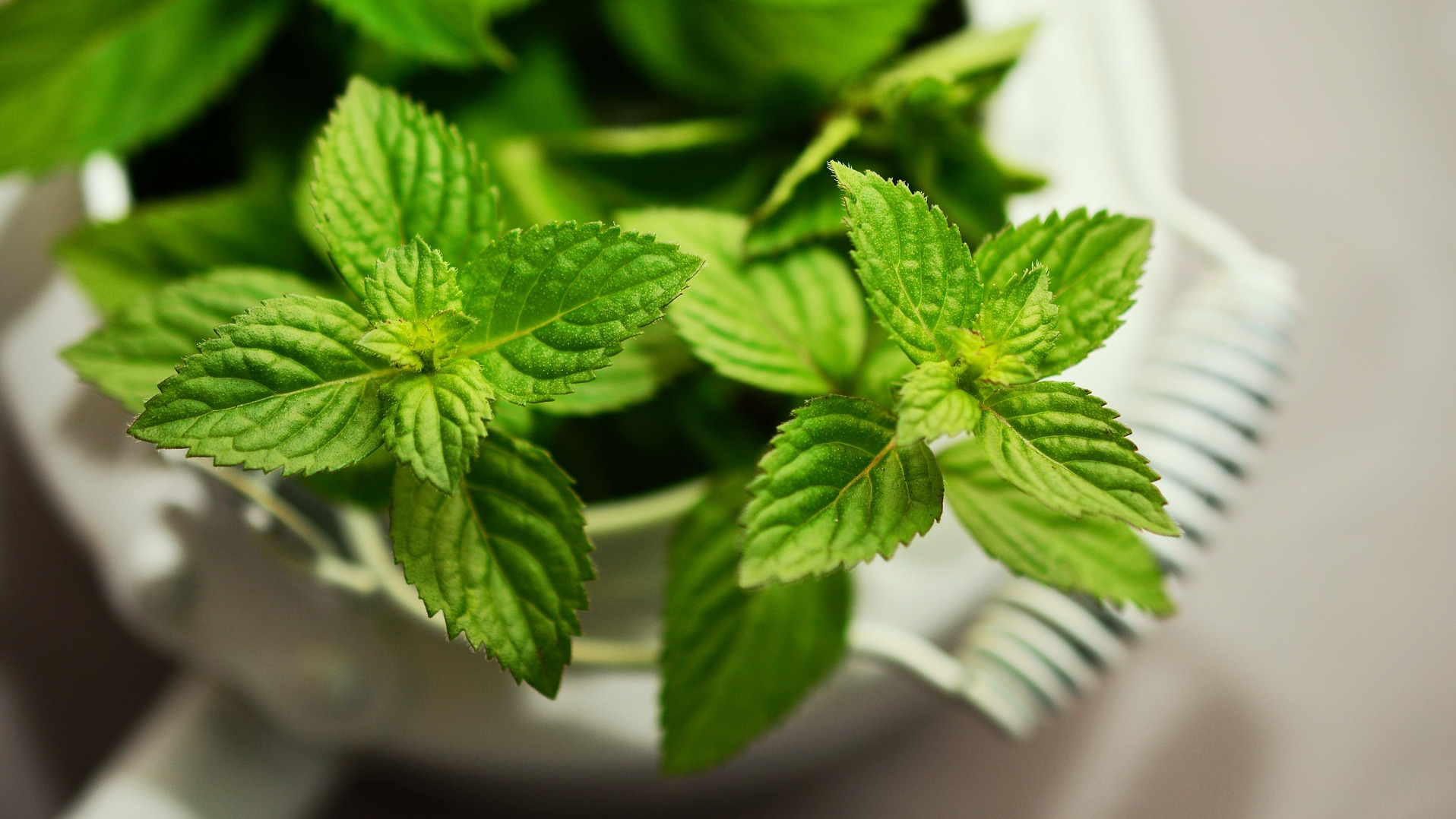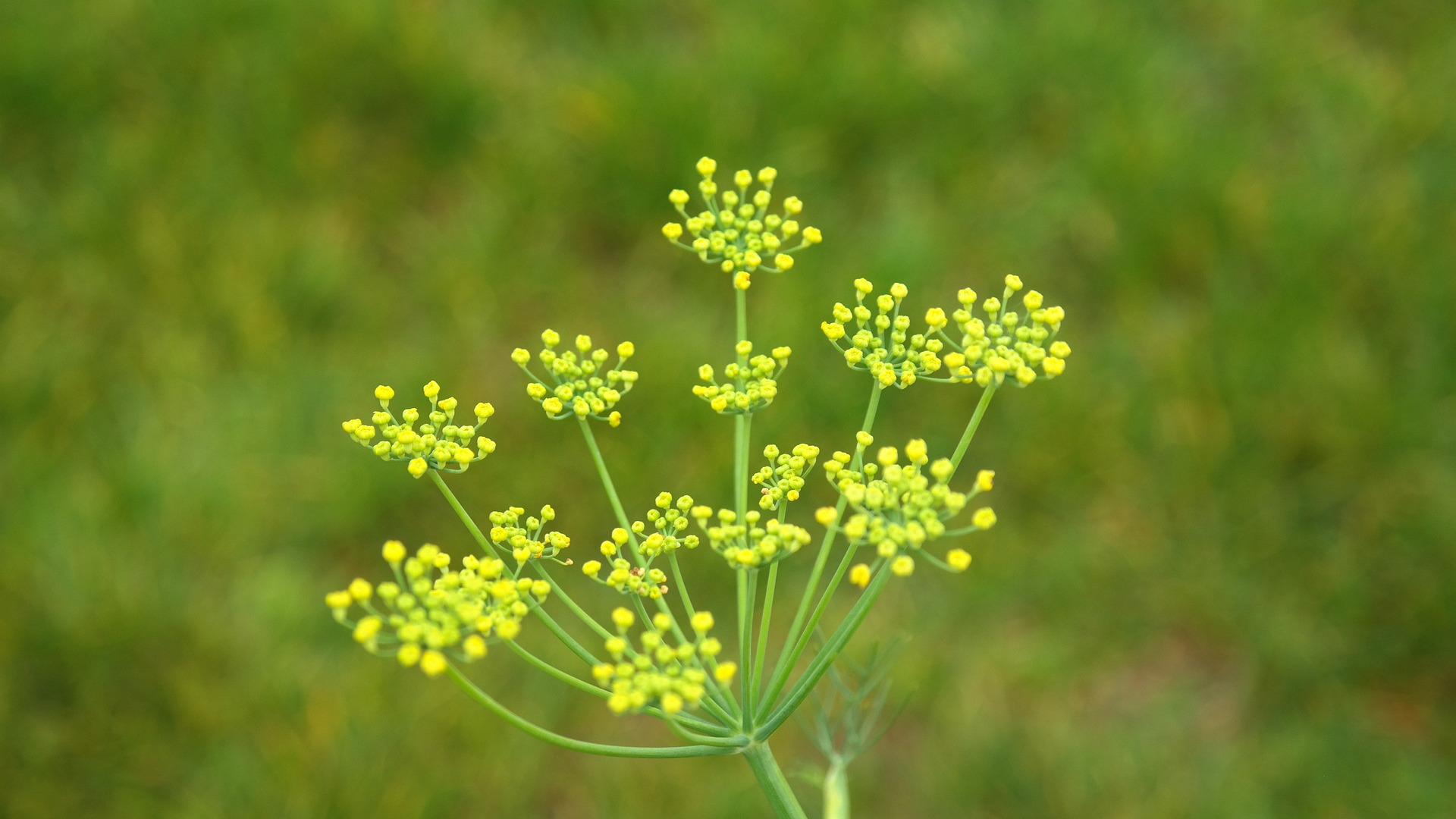Exploring the Wonders of Peppermint Essential Oil
Peppermint Essential Oil is a delightful aroma that offers an array of benefits. From its origins to practical applications, let's explore this versatile oil that has captivated gardeners and wellness enthusiasts alike.
The essential oil is extracted from the Mentha × piperita plant through steam distillation. It undergoes this process when fresh or partly dried, sourced from plants that have not bloomed. The resulting extracted oil has a subtle yellow tint and watery consistency.
Peppermint Essential Oil has a robust, crisp, and slightly sweet aroma, making it a favorite among aromatherapy enthusiasts. A hybrid derived from mint, water mint, and spearmint plants, this resilient herb flourishes in various environments. However, container planting best keeps it in check due to its weed-like spreading tendencies.
Beyond its aromatic allure, peppermint is a natural insect repellent, making it a cherished plant for gardeners. Planting mint in your garden adds a fragrant touch and deters flies, ants, and other pesky pests. Its reputation even extends to repelling rodents, such as mice and rats.
Peppermint has many uses beyond aromatherapy. The dried leaves create a refreshing tea, while peppermint oil addition to toothpaste and gum adds freshness to oral care routines.
Incorporating Peppermint Essential Oil into Your Life
- Topical Application: Dilute a few drops with a carrier oil for a soothing massage, addressing pain and inflammation.
- Inhalation: Inhale the invigorating aroma directly or through a diffuser to ease respiratory issues and enhance mental clarity.
- Oral Care: Add a drop to your toothpaste or gum for freshness and added oral health benefits.
Peppermints Essential Oil Benefits Unveiled
- Pain Relief and Anti-Inflammatory Marvel: Peppermint Essential Oil is a natural analgesic, offering relief from headaches, cramps, backaches, and muscle pain. Its anti-inflammatory properties extend this relief to conditions like sunburns, dermatitis, and rheumatism, making it a versatile choice for topical application.
- Respiratory Harmony: Peppermint is a powerful ally for respiratory concerns in vapor therapy. Whether battling a persistent cough or sinus congestion, its refreshing scent promotes clearer breathing and overall respiratory well-being.
- Digestive Uplift: Along with other mint oils, peppermint reduces nausea and supports digestive health. Its calming effects extend beyond physical discomfort, relieving stress-related digestive issues and fatigue.
- Cognitive Booster: Elevate your focus and concentration with peppermint's energizing properties. This essential oil can clear the mind, making it an excellent companion during stress or mental fatigue.
Therapeutic Properties of Peppermint Essential Oil
- Analgesic- Pain Relief: Gently soothes persistent aches and pains.
- Anesthetic-Numbing Sensation: Offers a fleeting yet effective relief from pain.
- Antigalactagogue- Lactation Regulation: Aids in harmonizing milk production.
- Anti-Inflammatory: Effectively curtails swelling and soothes inflammation.
- Antiseptic: Acts as a protective shield against harmful microorganisms.
- Antispasmodic- Muscle Relaxation: Eases tense muscles, providing relief from spasms and cramps.
- Astringent- Tissue Toning: Topically tightens and tones tissues, promoting skin health.
- Carminative- Digestive Calm: Calms digestive discomfort, easing indigestion and bloating.
- Cephalic- Mind Refresh: Invigorates the mind, fostering mental clarity.
- Decongestant- Respiratory Relief: Clears congestion, facilitating easier breathing.
- Emmenagogue- Menstrual Support: Offers gentle support for a regular menstrual cycle.
- Expectorant- Mucus Expulsion: Assists in the expulsion of respiratory mucus.
- Hepatic- Liver and Gall Bladder Aid: Supports healthy digestion through liver and gall bladder stimulation.
- Nervine- Nervous System Boost: Strengthens and soothes the nervous system.
- Natural Stimulant: Provides a fleeting yet refreshing energy boost.
- Stomachic- Digestive Aid: Enhances stomach digestion, promoting digestive well-being.
- Sudorific- Sweat Induction: Encourages detoxification by promoting sweating.
Aromatherapy Recipes using Peppermint Essential Oil
Peppermint Natural Sunburn Relief Lotion
This simple sunburn lotion can help reduce the hot feeling of a sunburn. As with all essential oil recipes, ensure you are not sensitive to any essential oils before applying.
- 1 cup (8 ounces) of non-medicated cream (Aquaphor, Eucerin, CeraVe, etc.)
- 4 tablespoons of natural Aloe Vera Gel
- 5 drops of Clove Essential Oil
- 5 drops of Peppermint Essential Oil
Mix all ingredients thoroughly and apply to sunburned skin. For a more significant cooling effect, you may chill (but not freeze) this mix before using it.
Invigorating Breathe Easy Peppermint Steam
- 1 drop of Eucalyptus Essential Oil
- 1 drop of Peppermint Essential Oil
- 1 drop of Tea Tree Oil
- Boil water, transfer the liquid to a bowl, and add the oils to the steamy water.
- Place a towel over your head, then inhale the vapors for at least five minutes. Make sure to keep your eyes closed.
Peppermint Essential Oil Massage Oil
Did you know that many headaches start in the neck? Use this blend on the neck and shoulder blades for optimal headache relief. A massage using peppermint essential oil will be more effective (and relaxing) if performed by a partner.
- 1 tablespoon of carrier oil, such as almond
- 2 drops of Lavender Essential Oil
- 2 drops Sweet Marjoram Essential Oil
- 1 drop of Peppermint Essential Oil
Blend all essential oils into the carrier oil, one drop at a time.
Using Peppermint with other Essential Oils
Peppermint oil blends well with these essential oils:
- Benzoin
- Eucalyptus
- Lavender
- Marjoram
- Lemon
- Rosemary
Safety and Use with Peppermint Essential Oil
While reaping the benefits of Peppermint Essential Oil, it's crucial to exercise caution. Perform a patch test, adhere to recommended dosages, and consult a professional, especially for those with specific health concerns. Peppermint oil is non-toxic and non-irritant in low dilutions. The menthol content may cause sensitization. Peppermint oil may cause skin and mucus membrane irritation. Keep the oil and vapors away from your eyes. Peppermint oil should be avoided during pregnancy and not used on children under seven.







